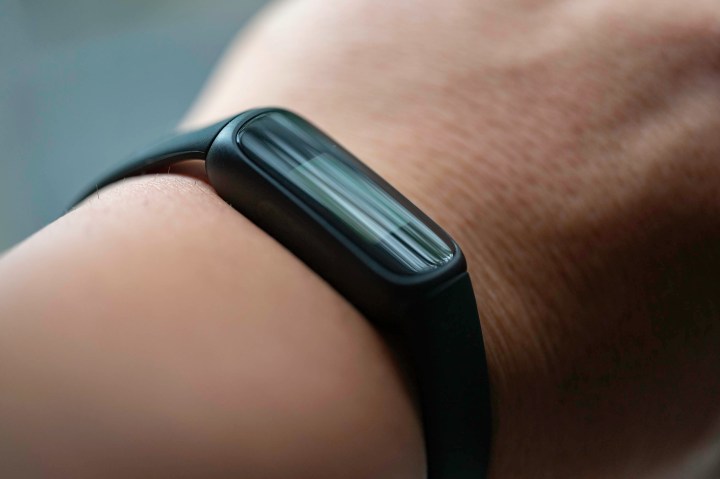After purchasing Fitbit in 2019, Google is moving to mandate the use of Google accounts on new Fitbit devices. The company shared the news on a help page, adding that it would be winding down Fitbit account functionality by 2025. While Google is pushing its own brand of upcoming smartwatches, there’s still substantial interest in Fitbit’s well-known products.
“After we launch Google accounts on Fitbit in 2023, some uses of Fitbit will require a Google account, including to sign up for Fitbit or activate newly released Fitbit devices and features,” Fitbit said “If you have a Fitbit account, after the launch of Google accounts on Fitbit, you’ll have the option to move Fitbit to your Google account or to continue to use your existing Fitbit devices and services with your Fitbit account for as long as it’s supported. Support of Fitbit accounts will continue until at least early 2025.”

In short, you can use your Fitbit without a Google account till 2025 if you already have one, but you’ll almost certainly need one starting next year. Google is launching a Pixel Watch soon, but Fitbits still offer better features, especially when it comes to battery longevity. The Fitbit Versa 4 and Sense 2 come with six days of battery, while the Pixel Watch is rumored to come with just one day of battery.
There is, of course, the question of privacy. With Google mandating Google accounts on a Fitbit, people who would like to use Fitbit but aren’t fans of Google’s data-collection practices might find this off-putting. “We worked with global regulators on an approach which safeguards consumers’ privacy expectations, including a series of binding commitments that confirm Fitbit users’ health and wellness data won’t be used for Google ads and this data will be separated from other Google ads data,” Google’s Rick Osterloh said, but a closer look at those commitments have them limited to users in the European Economic Area only. It’s not entirely clear if the same would apply in the U.S. and elsewhere.
Editors' Recommendations
- 5 smartwatches you should buy instead of the Google Pixel Watch 2
- Why you need to be excited about the Google Pixel 8a
- Google Photos’ best AI editing tools will soon be free for everyone
- Have one of these Google Pixel phones? You’re getting Circle to Search
- We have some bad news about the Google Pixel 9



